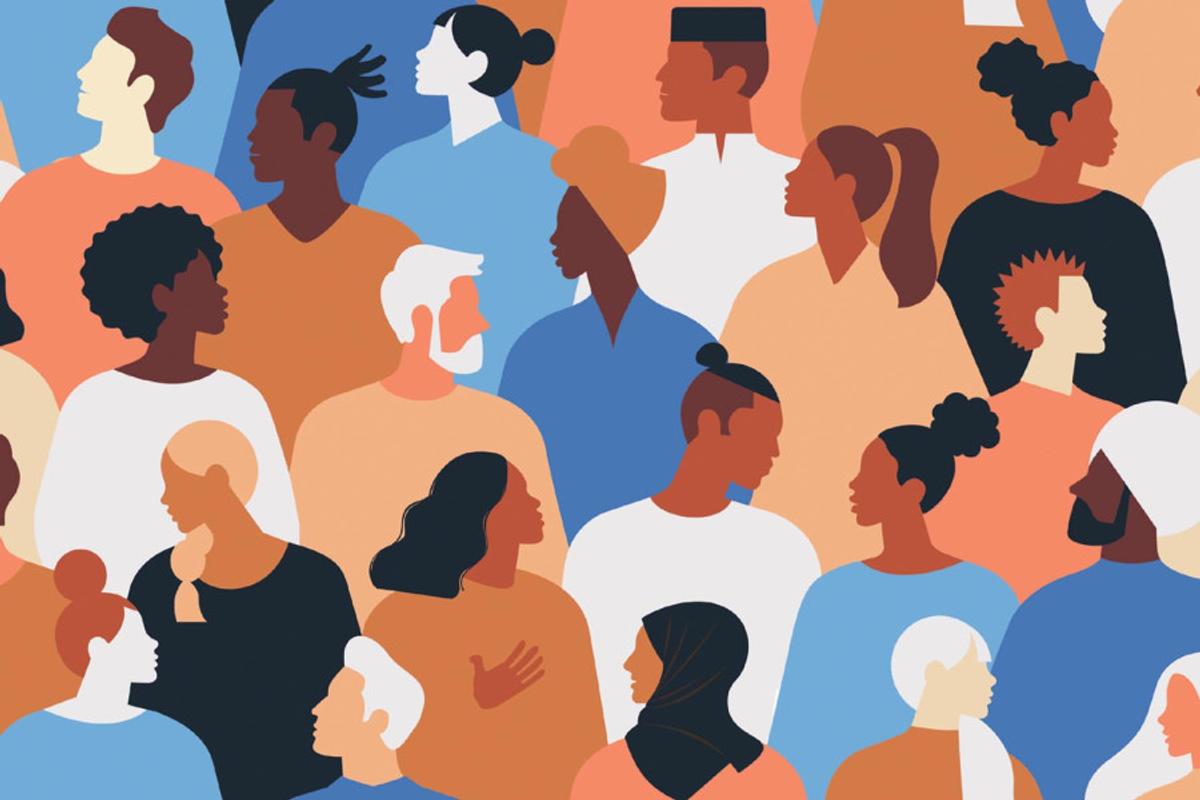Embracing Difference To Strengthen Community
Tim Argall, Executive Principal

Embracing Difference To Strengthen Community
Tim Argall, Executive Principal
If you can, take a moment to read this article in the privacy of your own thoughts. I’m going to ask some questions of you, ones that you may not want others to know the answers to.
Here we go:
I’m going to assume you have answered “no” to at least one of these questions.
Let’s look it at another way:
We humans are created to carry God’s image. We are separated from all other living things because of this one special characteristic God gave us at humankind’s creation (Genesis 1:26-27). We all fall short of glorifying God in the way we express this image-bearing; nonetheless, God works in and through us, so His handiwork is seen in us (Romans 8:28).
We are unique, each from all others – the combination of our inherited genetic code and our lived experiences means that even identical twins eventually are seen for their unique character traits and choices in life. So, we are all different.
We humans like to categorise each other. Ethnicities, indigeneity, appearance, healthiness, interests, abilities, ways of thinking, how we are attracted and what that attraction is to.


And yet, these categories we have created do not remove the fact that we all need to be understood, not for our sameness, but for the difference that God has given us.
And this can be where life gets tougher. Most of us would say that we like the people who are like us; particularly those who are most like us.
I am currently reading big chunks of the Gospel narratives in my personal quiet times, and it has struck me anew how this was not the way Jesus taught and lived out his teachings. Not only does he show love for those that no-one particularly loves, he reminds anyone who would listen that they are just as worthy of God’s eternal love as those “who have always done the ‘right’ thing”.
Our contemporary church communities are faced with the unintended consequences of how they deal uncomfortably (or ignore) those who are different to those who gather in their congregations. Often it is dressed up in reasoning that promotes particular forms of worship, studying and preaching of the Bible, even the way people should live if they are to feel welcomed in their midst. Sometimes the response of the church community is simply prejudice. Does God call us to this kind of community? I would say no.
As a group of Christian families gathered together to do Christian schooling, I would have to extend this answer to the way we gather for school each and every day. How do we handle difference? Do we do it well? How do we handle our differences in a way that helps us do life together better?
Maybe, now, a set of questions as we each contemplate a way forward, in the midst of all our differences:
We know unconditional love by this…that the Christ laid down His life for us…and we ought to lay down our lives for the brethren. 1 John 3:16
We know, through our own personal experiences, what it feels like to be accepted or rejected. We are each responsible to God, each other, and ourselves, for our own actions.
And, in community, we build up or break each other down by the choices we make in exercising that responsibility. May we be a community who handles that responsibility well, honouring each other in the amazing uniqueness God has given us.
May we celebrate our remarkable differences well.
Shalom.